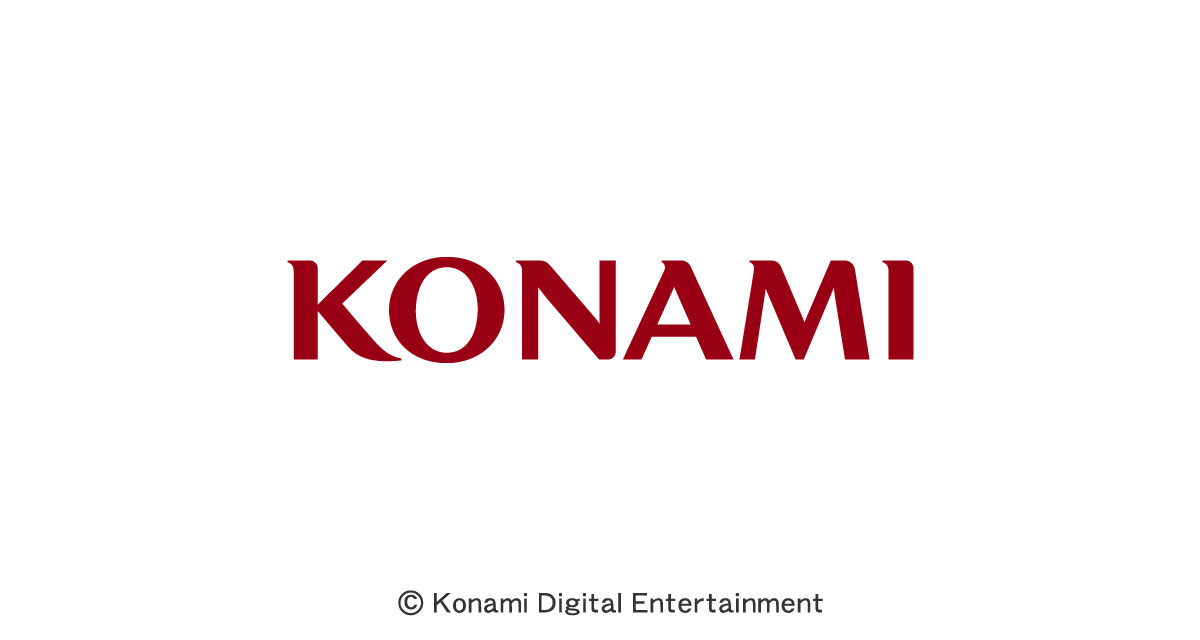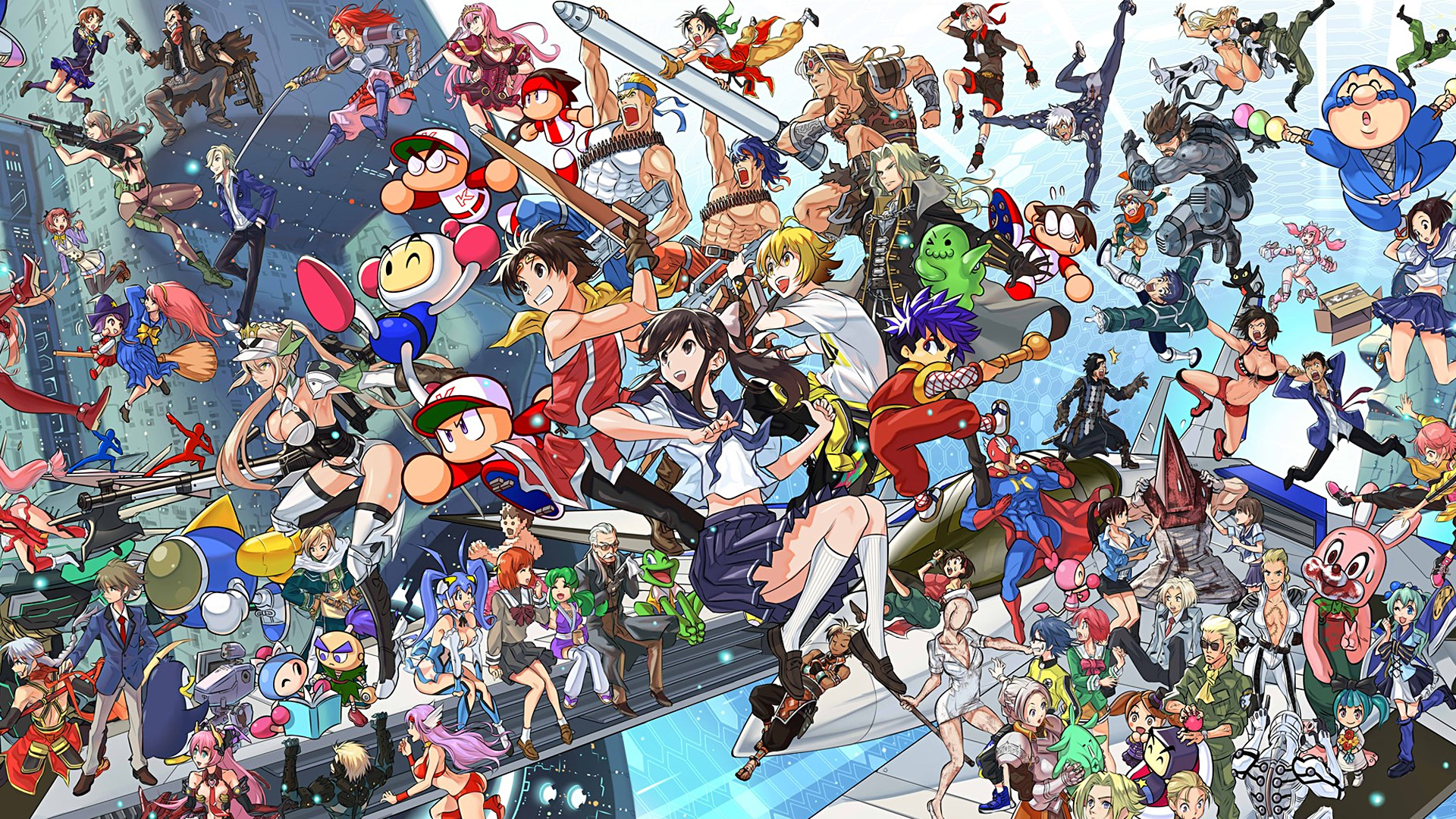Published on Oct 14, 2022
By EMN
Share

Japanese video game publisher, Konami, is planning to enter the world of blockchain and web3 games with the launch of a new marketplace for the trading of in-game NFTs (Non-Fungible Tokens).
The Metal Gear Solid publisher on Thursday stated in a press release that it is working on providing "new experiences" utilising web3 and the metaverse. One of these new experiences is a new NFT marketplace where players can trade in-game items for cryptocurrency. As such, the company wants to recruit a "wide range of talent" to support the upcoming marketplace.
"We have been conducting research and development to incorporate the latest technology into games and contents, and plan to launch a service where players can trade their in-game NFTs (digital items) through a unique distribution platform using blockchain," the company wrote in the post.

Konami describes its upcoming NFT marketplace as a unique digital item distribution platform that complies with the "Guidelines for Blockchain Games" established by the Computer Entertainment Supplier's Association, Japan Online Game Association, and the Mobile Content Forum.
NFTs are unique digital assets that exist on a blockchain and are used to certify authenticity and ownership. It can exist on layer one blockchains like Ethereum, Solana, and Cardano and layer two solutions like Polygon and Arbitrum.
To celebrate Castlevania's 35th anniversary, Konami has announced Castlevania NFTshttps://t.co/Jbn2flqulQ pic.twitter.com/ejMB1BCSky
— Nibel (@Nibellion) January 6, 2022
The publisher has been interested in NFT and blockchain technology for a while now. For instance, Konami sold a selection of NFTs connected to the Castlevania franchise in January of this year to mark the anniversary of the game. GIFs from the first three Castlevania games made up the majority of the collection, but there were also some original works of art that fans could purchase.
Other publishers that have started to embrace NFTs include Square Enix, Ubisoft and Sega. However, many gamers and developers within the industry remain dubious about their use due to worries about the environmental impact of NFTs and the speculative nature of buying and selling virtual goods.